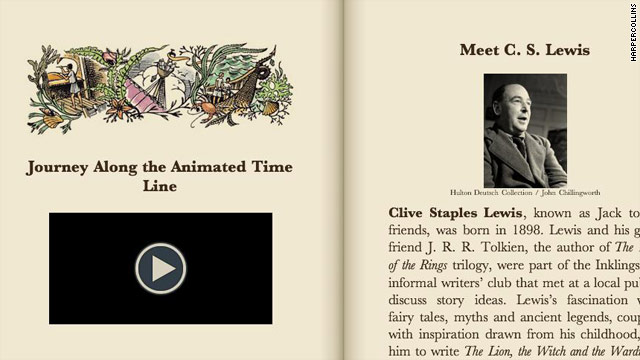
EPUB 3 seeks to be the global industry standard for digitally published books and today during the Frankfurt Book Fair the International Digital Publishing Forum officially voted to elevate EPUB 3.0 to a final IDPF Recommended Specification.
EPUB 3 became a reality in May of 2010 when enhanced ebooks began to gain traction. A new global standard was necessary in order to incorporate HTML 5 and Rich Media. Some of the other benefits of the new book format is that it adds interactivity (JavaScript), global language support (including vertical writing), styling and layout enhancements, SVG, embedded fonts, expanded metadata facilities, MathML, and synchronization of audio with text and other enhancements for accessibility.
EPUB 3 should be completed next year and has been endorsed by Adobe, Apex, Association of American Publishers (AAP), CourseSmart, EAST, EDItEUR, Google, HOV Services, IDEAlliance, Ingram, Italian Publishers Association (AIE), Japan Electronic Publishers Association (JEPA), Kobo, Monotype, MPS, OverDrive, Publishers Association (UK), Random House, Sony, Voyager Japan, and the World Blind Union. All of these companies have vowed to adhere to the new standard and incorporate it into all of their future offerings.
[showhide type=’pressrelease’] Frankfurt, Germany, October 11, 2011. The International Digital Publishing Forum (IDPF) today announced the completion of a major revision to EPUB, the global standard interchange and delivery format for eBooks and other digital publications. The IDPF membership unanimously voted to elevate EPUB 3.0 to a final IDPF Recommended Specification, publicly available at http://idpf.org/epub/30.
EPUB 3 was chartered in May 2010 and developed by a global working group of over 100 contributors, reaching Proposed Recommendation status in May, 2011. Based on HTML5, EPUB 3 adds support for rich media (audio, video), interactivity (JavaScript), global language support (including vertical writing), styling and layout enhancements, SVG, embedded fonts, expanded metadata facilities, MathML, and synchronization of audio with text and other enhancements for accessibility.
“EPUB has become the industry standard format for digital publications based on Web Standards that are structured, reliable, device-independent, and accessible,” said BIll McCoy, Executive Director, IDPF. “As digital publications evolve from digitized text into enhanced eBooks and new forms of expression, EPUB 3 will dramatically expand the ability of authors and publishers to deliver richer experiences to their readers across disparate devices, in browsers and in apps.”.
EPUB 3 features have already been delivered by a number of Reading Systems and content authoring tools. Now that EPUB 3.0 is a final specification, superseding EPUB 2.0.1 as the current version of EPUB, the IDPF anticipates that comprehensive EPUB 3 support will be forthcoming from a number of solution providers during the coming year. Industry stakeholders who publicly expressed support for EPUB 3 when it achieved Proposed Recommendation status in May, 2011 included Adobe, Apex, Association of American Publishers (AAP), CourseSmart, EAST, EDItEUR, Google, HOV Services, IDEAlliance, Ingram, Italian Publishers Association (AIE), Japan Electronic Publishers Association (JEPA), Kobo, Monotype, MPS, OverDrive, Publishers Association (UK), Random House, Sony, Voyager Japan, and the World Blind Union.
The International Digital Publishing Forum (IDPF) is the global trade and standards organization for the digital publishing industry. IDPF is responsible for EPUB, the open standard digital publication format based on XML and Web technology, and organizes industry conferences and workshops. The IDPF is a not for profit organization with over two hundred members, comprising publishers, vendors, libraries and organizations from over twenty-five different countries. For more information, visit http://idpf.org . EPUB is a registered trademark of the IDPF. [/showhide]
Michael Kozlowski is the editor-in-chief at Good e-Reader and has written about audiobooks and e-readers for the past fifteen years. Newspapers and websites such as the CBC, CNET, Engadget, Huffington Post and the New York Times have picked up his articles. He Lives in Vancouver, British Columbia, Canada.